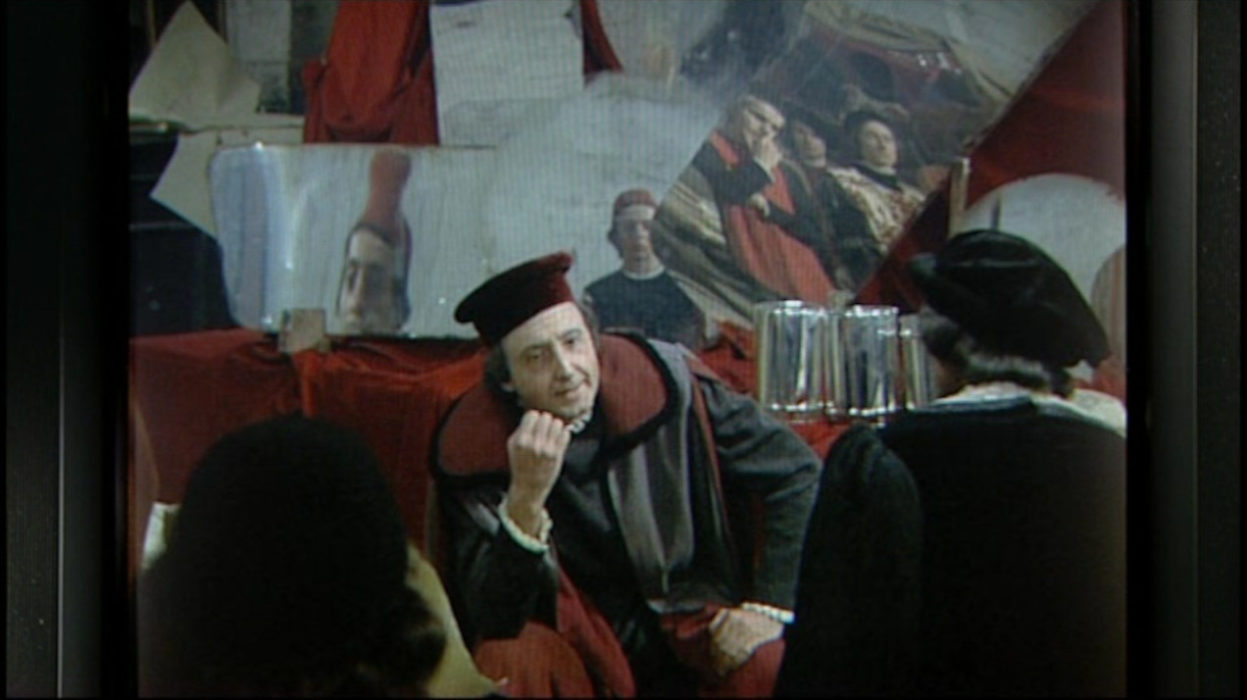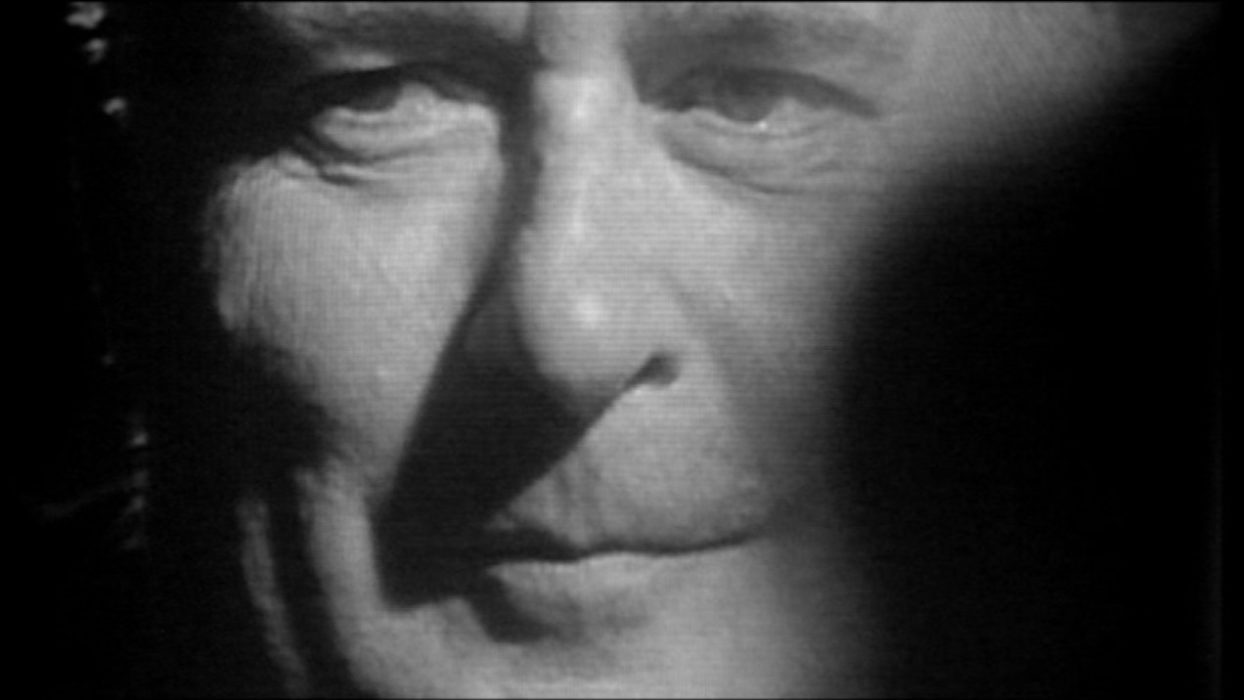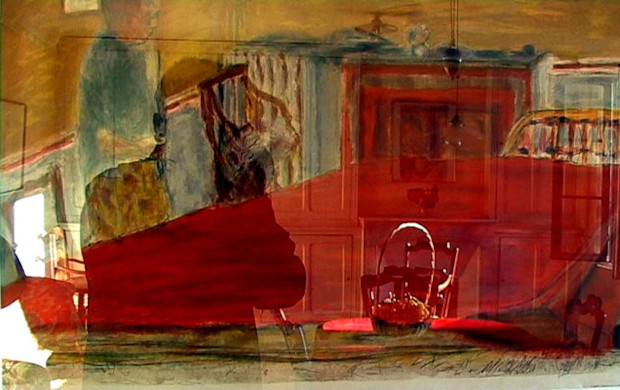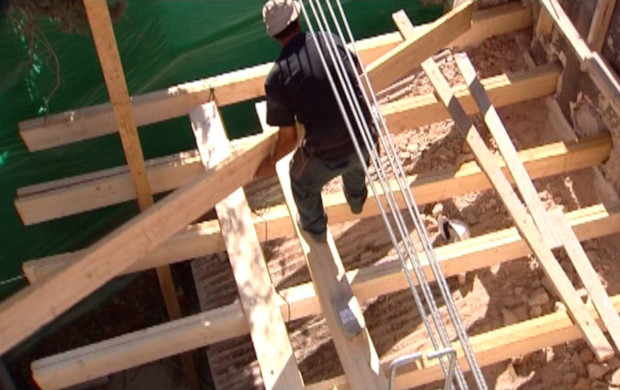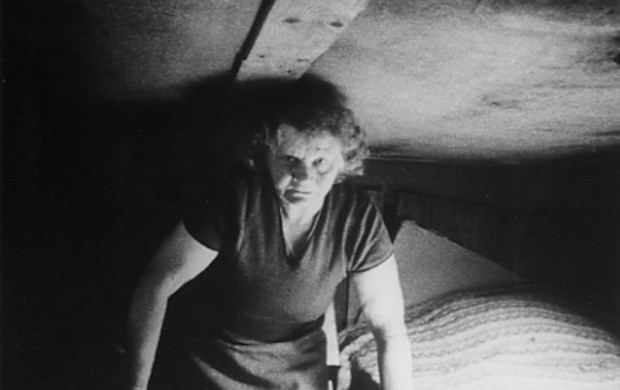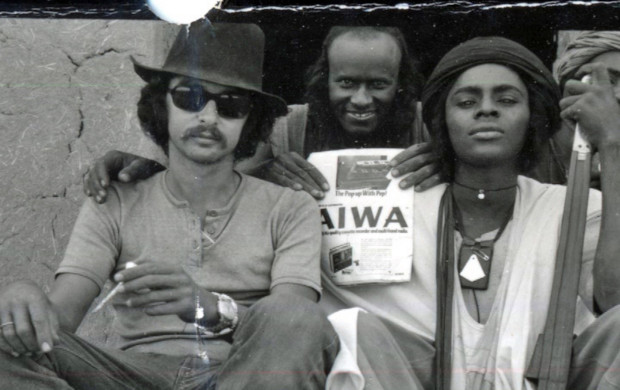La Dernière utopie, la télévision selon Rossellini
- 2005
- France
- 90 minutes
- Italian
“The backdrop is the early 1960s. Roberto Rossellini, the best known of Italian filmmakers-considered to have founded neo-realism and paved the way for modern cinema-decided to abandon feature films and focus on what he called “a new mission for cinema”. This entailed cinema and television joining forces to set up a massive, far-reaching project for a series of historical films and programmes. These would tell the story, especially through images, of man’s adventure from the caverns through to the conquest of space, including the invention of art and technology (from 7,000BC until today: the rise of agriculture, the Iron Age, the Renaissance, industrialisation, etc.). This monumental project (60 hours planned, of which half were completed between 1963 and 1974) was explicitly linked to the encyclopaedic ambitions of the Age of Enlightenment. Rossellini’s aim was nothing less than to found a new humanism that would give the people of his time-or, at least, the cinema-goers and tv-viewers-the means of re-appropriating their history. This would give meaning to their lives, teach them to rethink the world and their condition, rediscover their imagination and desire for knowledge, and thus enable them to escape from their alienation-which, reading between the lines, is the project’s political dimension-, the dominant entertainment media, consumerism, advertising. (…) The filmmaker had complete confidence in people’s capacity to understand the world by looking and listening, and in the powers of cinema. Showing how people lived in former ages, how they spoke, moved, ate, dressed, etc. Their gait, costumes, travels, rituals and customs, interaction with the surrounding world, all of this can be shown in the space-time of a sequence shot. Filming people within their environment yields a great deal of information that can be immediately perceived and understood by the spectator, whatever his “culture” or educational level. People must be given back the taste for “really seeing” or “seeing for oneself”. (…) What matters to me is to make today’s audiences aware of the Rossellinian challenge for knowledge gained through sensitivity to the forms and styles of cinematographic writing. This was the centre of gravity of Rossellini’s project. It is the most critical point of his Utopia: the supposition that a film or television audience is not only eager for knowledge, curious, open to others, wanting to know what is happening in the world and science, but more importantly, is able to experience cinematographic sensations that support the deployment of knowledge. These audiences existed, and still exist. And we must continue to believe in them.” Jean-Louis Comolli
- Production : Istituto Luce; Sky TV; Ina; Vivo Films; RAI Radio Televisione Italia
- Distribution : Ina
- Editing : Ginette Lavigne
- Sound : Francisco Camino
- Photography : Michel Bort
